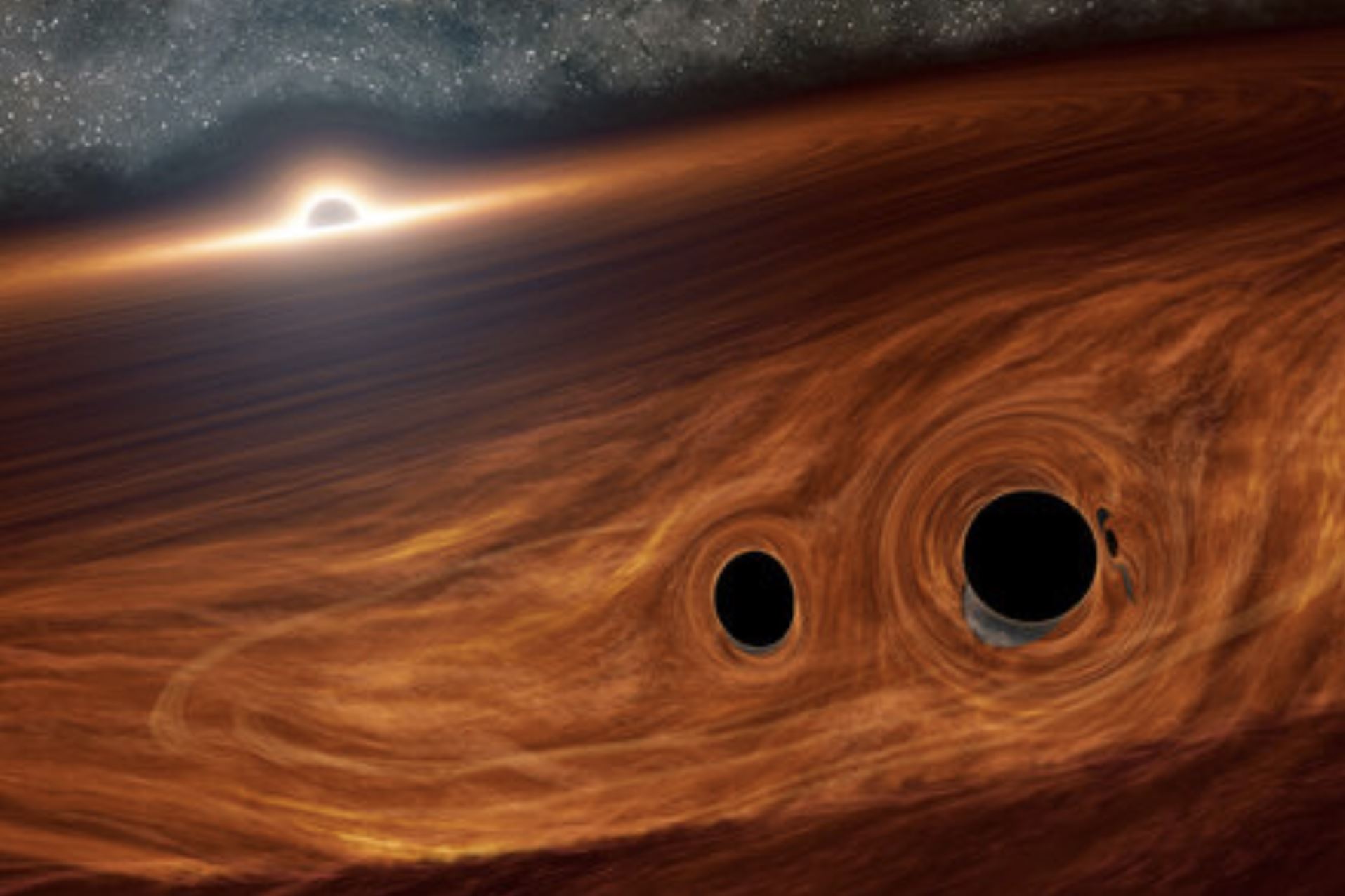Meeting by Zoom
The Club had hoped to have an in-person public meeting in September, but due to the latest news about health concerns, plus feedback from our members, it has been decided to have the September 14, 2021 meeting by Zoom. A link is at the bottom of this announcement, plus reminders will also have the link. We hope to "see" everyone at our meeting.
Agenda:
7:00 - 7:30 General Meeting & Announcements
7:30 - 7:45 Refreshments
7:45 - Public Presentation
Speaker: Imre Bartos
Assistant Professor of Physics
Institute for High Energy Physics and Astrophysics (IHEPA)

Topic: Black Hole Collisions and Gravitational Waves
About the Speaker:
Dr. Imre Bartos received his PhD from Columbia University, where he subsequently remained as a lecturer and then research scientist before joining the faculty at the University of Florida. His broad field of interest are gravitational-wave and multi-messenger astrophysics. He primarily studies extreme cosmic events related to the formation and evolution of black holes. Dr. Bartos is a member of the LIGO Scientific Collaboration, the LISA Consortium, and is an associate member of the IceCube Collaboration.
Dr. Bartos was awarded the Alfred P. Sloan Research Fellowship in 2020, and the Excellence Award from the University of Florida in 2020. He was the recipient of the Allan M. Sachs Teaching Award, and the co-recipient of the Breakthrough Prize, Gruber Prize, Einstein Medal, and the Bruno Rossi Prize.
Abstract:
In the past five years scientists gained a completely new way of learning about the Universe. Gravitational waves are the ripples of the fabric of space itself that are produced when heavy objects accelerate. Importantly, the cosmic events that create gravitational waves are distinct from those that produce other kinds of observable radiation, like light, making them a unique probe of outer space. Black holes in particular are ideal in producing gravitational waves as they can be quite heavy and can accelerate to speeds close to the speed of light when approaching another black hole.
With the LIGO gravitational wave observatories we can now sense the collisions of black holes from billions of light years away. In the next decade new detectors will be able to find such collisions all the way out to the edge of the Universe. The talk will introduce gravitational waves, how they are created, and what we learned so far about black holes and the cosmos by their observation.




